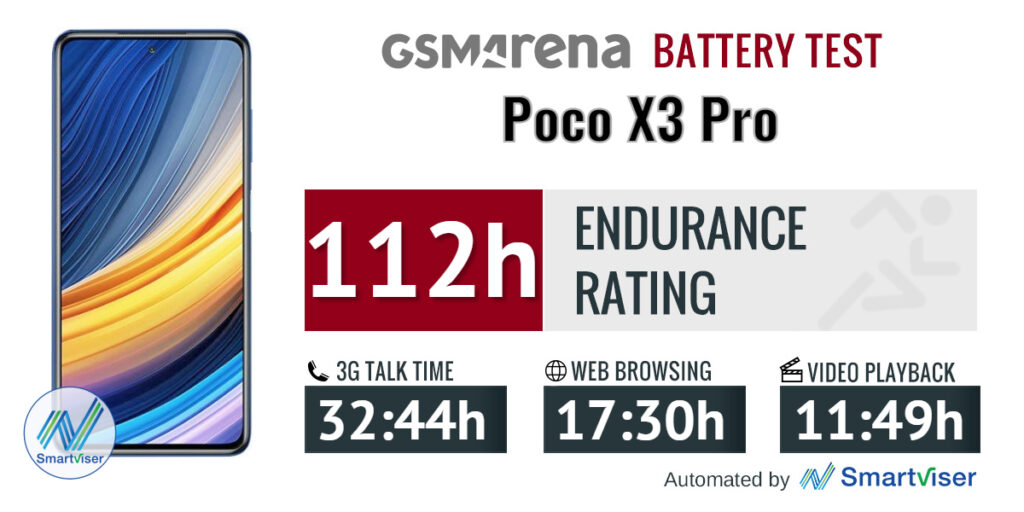As a small business our needs are often very different from larger companies. Everything from how we do business with other companies all the way up to how we manage our books. So why would marketing be any different?
The marketing needs of a small business very greatly by niche and location. What might work for the same store at one location might not be the same as the location across town. However, there are a number of things we can do to make sure we’re doing everything we can to target the right audience and keep our companies running smoothly and profitably.
In the article below you’ll find some great tips on just that.
The 6 Best Advertising Strategies For Small Business
Small business owners need to be realistic about their advertising campaigns. Typically, of course, they'll be looking for effective, low-cost solutions, but typically, too, you can have just one or the other; you're unlikely to find a simultaneously effective and inexpensive channel for your ads.
That's why you absolutely must budget for advertising, not just play with the money you have left over. By assigning the right amount of money to the right channels, you can get the results you want, or at the least, improve the results you have, based on the data you gather along the way. Since your monthly spend will be consistent, you'll be better able to measure overall efficacy, too.
Given your need to optimize your advertising efforts, then, here are the best advertising strategies for small businesses.
1. Target your audience.
Sorry, but that particular product or service you're touting does not match the needs of anyone who currently walks the Earth. Many small businesses don't run adequately targeted campaigns, despite the fact that targeting is one of online advertising's primary advantages.
Indeed, you should be able to create an accurate target customer profile based on the data you've collected. With this information in hand, and what you know about your current clientele, you can begin to target similar demographics and psychographics with your campaigns to attract more customers.
Whether you're advertising online or off, make sure your copy and imagery reflects the kind of customers you want to work with. This is key to targeting well.
2. Measure and track your advertising.
Many small businesses simply have no idea whether their advertising is actually working. This simply won't do.
Online advertising platforms like Google AdWords and Facebook provide you with extensive stats related to your ads, and will help you determine what is working and what isn't. This doesn't mean that you won't need to test and experiment, as it can take time for you to create an ad that resonates with your target customers, but it does mean that you can make faster decisions about what to try next.
If you're advertising offline, and you have to set up a specific email address or phone number to gain a clearer understanding of how your leads are finding you and what's working, then that effort is worth the hassle. Stop making guesses.
3. Know when to advertise.
At first glance, advertising year-round and spreading out your budget equally month-to-month may appear to be a wise and commonsense approach.
But if you think back to your business launch, odds are you did a lot of things that can't be scaled. There's no way for you to sustain a similar marketing and advertising initiative throughout the entire year.
If you sell seasonal products, you should be advertising in your highest-performing seasons. You may even want to start a little bit early and hold some of your advertising until a little after.
Black Friday and Christmas tend to be high-performing seasons, depending on the type of business you're running. It may be advantageous to set aside some extra ad money for these days and/or other holidays.
Finally, it can also be worthwhile to keep an eye on when your competitors launch their own big promotions. If you have an advertising budget set aside, you may be able to keep pace or even outmaneuver them.
4. Brand well.
Can your customers immediately identify your ads based on your copy, color choice, imagery, logo or typeface? If that question seems absurd, just look at what the major brands and companies are doing. Oftentimes, you can recognize their ads just from the colors they're using.
Over time, your customers will come to identify with and respond to your ad layouts. The temptation may be to change your branding every time you create a new ad, but that could be confusing and ineffective over the long haul. Your goal should be to show up in expected places, with familiar-looking ads that consistently resonate with your target customers.
Bottom line: Brand well, and stick to your image. Build loyalty through resonance.
5. Use your resources well.
You know the importance of ranking well in search, but you may simply not have the resources and time to consistently create new, informative content for your website.
In an instance like that, your best bet is to take advantage of services like Google AdWords and Bing Ads, so you appear higher in SERP results without having to optimize posts for your chosen keywords. If you have the budget to advertise, but not the time to create content, this is a good use of resources.
If you only have a small budget to allocate to advertising, it may not make sense to take out an expensive magazine ad. A Facebook ad campaign would be much more practical, since you can control your daily spend.
Make an honest assessment of the resources available to you, and leverage them in a way that helps you grow your business.
6. Show up in the right places.
It's dangerous to make too many assumptions about your target customer. For example, if there's a certain radio show that you like, and you assume that your customers like it too, you may be misinformed about the wisdom of spending money on a radio ad there that could prove expensive and ineffective.
If your advertising dollars are going to the wrong place, you're wasting your money. Instead, you need to get to know your customers. So, survey them. Get a sense of where they like to hang out online, what books and magazines they read, what podcast and radio shows they listen to and so on.
When your advertising is matched with the right understanding of your customers, you'll begin to attract more worthwhile leads to your business.
Final thoughts
There are plenty of opportunities to monetize through advertising. The key is in knowing who your target customers are, where they like to hang out — and thus where to find more people like them — and allocating your resources to those specific channels.
Article Credit: Entrepreneur.com
Read the original article here








